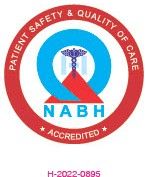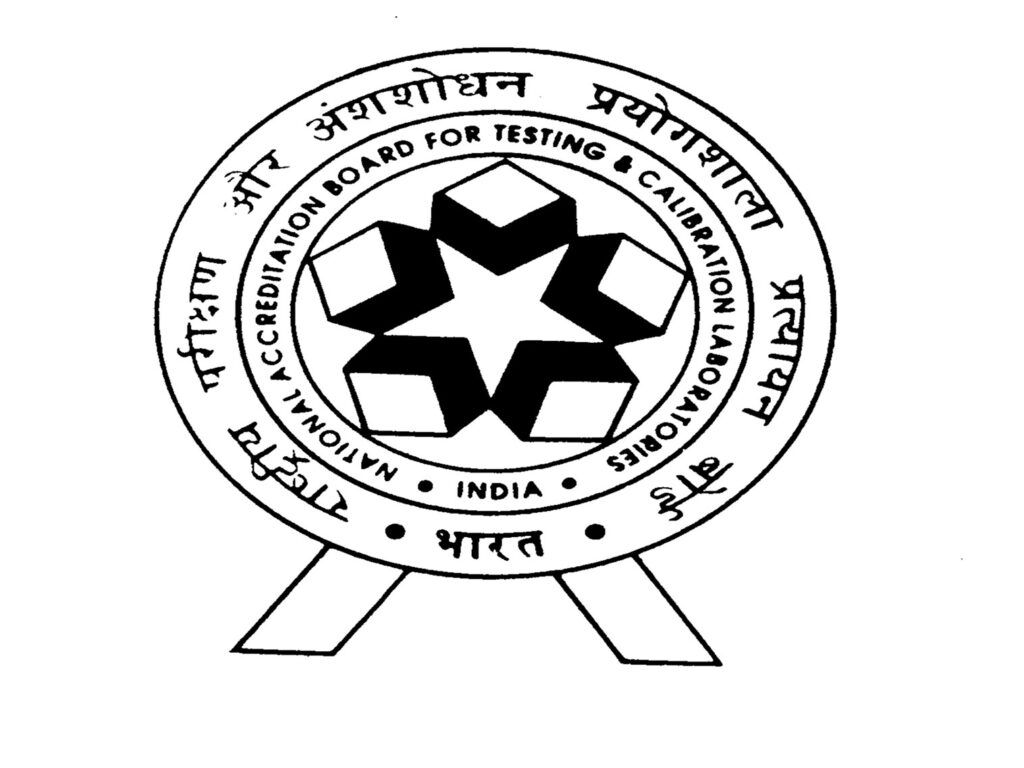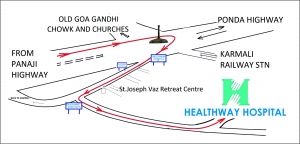
LAPAROSCOPIC SURGERY
The OTs at Healthway are startegically located along with other critical areas. We have a large 7 theatre OT complex, all of which have laminar air flow systems. The walls and the ceilings are silver ion claded. The floor is seamless, vinyl coated, making it a 99.9% sterile zone.
Laparoscopic surgery, also called minimally invasive surgery (MIS), bandaid surgery, or keyhole surgery, is a modern surgical technique. This has a number of advantages compared to the more common, open procedure or laparotomy. The advantages include reduced pain due to smaller incisions, reduced hemorrhage and shorter recovery time. The key element is the use of a laparoscope, which is a long fiber optic cable system which allows viewing of the affected area from a distance and provides more easily accessible location through the scope.
Laparoscopic surgery includes operations within the abdominal or pelvic cavities. The surgery performed on the thoracic or chest cavity is called thoracoscopic surgery.
SERVICES
- Abdominal Laparoscopic surgeries
- Endo Urological Surgeries
- Laparoscopic surgeries in Gynaecology
- Pediatric Laparoscopic surgeries
- GI Endoscopy
At Healthway many laparoscopic procedures are conducted by our experts and their respective teams.
Abdominal surgeries are conducted using a modified endoscope called laparoscope; this makes the surgeries less invasive and results in faster recovery of the patients. Laparoscopic removal of the gallbladder, taking tissues for biopsy, removal of small tumors from the digestive system are some commonly conducted procedures. Laparoscopic surgery requires only a small incision and can be very useful in appendicectomy (removal of the appendix), hysterectomy (removal of the uterus) etc. By this technique, patients lose minimum blood during and after the surgery and can recover much faster, as compared to the time taken for standard surgical procedures.
Our Urology department also conducts a wide range of Laparoscopic surgeries for various cancerous and non-cancerous urologic conditions involving kidneys, adrenal glands, bladder, testis and prostate. Endourology is a minimally invasive technique available to treat kidney stones. Stones may be extracted or fragmented using tiny instruments through natural body channels such as the urethra, bladder and ureter.
Gynaecologic laparoscopy is an alternative to open surgery in Gynaec cases. It uses a laparoscope to look inside the pelvic area to view the uterus, ovaries , fallopian tubes etc.
The doctors perform laparoscopic surgeries for :
- Ovarian cyst removal
- Tubal ligation
- Hysterectomy
These procedures have a shorter healing time than open surgery and leave smaller scars.
Laparoscopy can be used for diagnosis, treatment, or both. A diagnostic procedure can sometimes turn into treatment.
Some reasons for diagnostic laparoscopy are:
- unexplained pelvic pain
- unexplained infertility
- a history of pelvic infection
Conditions that might be diagnosed using laparoscopy include:
- endometriosis
- uterine fibroids
- ovarian cysts or tumors
- ectopic pregnancy
- pelvic abscess, or pus
- pelvic adhesions, or painful scar tissue
- infertility
- pelvic inflammatory disease
- reproductive cancers
Colposcopy
This is a medical diagnostic procedure to examine an illuminated, magnified view of the cervix as well as the vagina and vulva. Many pre-malignant lesions and malignant lesions in these areas have discernible characteristics that can be detected through the examination. It is done using a colposcope, which provides a magnified view of the areas, allowing the colposcopist to visually distinguish normal from abnormal appearing tissues and take directed biopsies for further pathological examination. The main goal of colposcopy is to prevent cervical cancer by detecting and treating precancerous lesions at early stages.
A laparoscopic approach offers several advantages over an open procedure. This potentially reduces the surgical stress and fluid shifts that may accompany it. In addition there is less need for postoperative analgesia, reduction of postoperative respiratory and wound complications, shortens postoperative convalescence, including an intensive care unit stay, rapid return to normal diet and decreased overall hospital stay.
At Healthway our pediatric surgeon performs various laparoscopic surgeries like
- Adrenalectomy
- Appendicectomy
- Cholecystectomy
- Diaphragmatic hernia repair
- Fundoplication
- Gastrostomy
- Herniorraphy
- Intestinal procedures
- Orchidopexy
- Orchidectomy
- Urological procedures
Endoscopes are minimally invasive and can be inserted into the openings of the body such as the mouth or anus for visualisation of the parts for diagnostic or therapeutic purposes. Because modern endoscopy has relatively few risks, delivers detailed images, and is quick to carry out, it has proven incredibly useful in many areas of medicine. At Healthway we perform large number of endoscopies every year. Endoscopies are performed for the purpose of investigation, confirmation of diagnosis and for treatment. Endoscopy is commonly used to remove tumors or polyps from the digestive tract. Besides, other tests conducted include, scopies of esophagus, stomach, and duodenum (esophagogastroduodenoscopy), small intestine (enteroscopy), large intestine/colon (colonoscopy, sigmoidoscopy), bile duct, rectum (rectoscopy), and anus (anoscopy)
There are three main reasons for carrying out an endoscopy:
- Investigation: If an individual is experiencing vomiting, abdominal pain, breathing disorders, stomach ulcers, difficulty in swallowing, or gastrointestinal bleeding, an endoscope can be used to search for the cause.
- Confirmation of a diagnosis: Endoscopy can be used to carry out a biopsy to rule out cancers.
- Treatment: an endoscope can be used to treat an illness directly; for instance, endoscopy can be used to cauterize (seal using heat) a bleeding vessel or remove a polyp.
At Healthway our Gastroenterologists order endoscopy in case of any of the following conditions:
inflammatory bowel diseases (IBD), such as ulcerative colitis (UC) and Crohn’s disease
- stomach ulcer
- chronic constipation
- pancreatitis
- gallstones
- unexplained bleeding in the digestive tract
- tumors
- infections
- blockage of the esophagus
- gastroesophageal reflux disease (GERD)
- hiatus hernia
- unusual vaginal bleeding
- blood in urine
- other digestive tract issues




